

countries with nearly total abortion ban
countries with relatively liberal abortion laws and origin countries for cross-country abortion travel
countries with more liberal abortion laws and destination countries for cross-country abortion travel
The grey countries are not involved in this research project.
No country-specific data is available for the Journeys section.
Click on the grey countries or click again on the selected country to go back to the main Laws/Barriers section.
Click on the grey countries or click again on the selected country to go back to the main Services section.
Choose a tab to know more about abortion access

Many women travel in Europe to seek abortion care outside and/or within the borders of their country of residency, including from countries with relatively liberal abortion laws, which are the main focus of this study. This study aims to improve our understanding of why women from Western European countries with relatively liberal abortion laws travel to obtain abortions and what their experiences of the barriers to access safe/legal abortions and abortion travel are. At the same time, however, there are women from Central/Eastern European countries, like Slovakia and Hungary as well as women from countries with very restrictive abortion laws, like Malta, Poland, and Ireland, who also travel to seek abortion care. Check our Studies and Findings section.
Click on “Our project” and “Research” (go to menu on mobile) to know more about this project and hover the cursor over one of the highlighted countries on the map beneath to see why it is part of it (close this window to see the map).
Click on “Laws/barriers” or “Services” and select a country to learn more about laws/barriers to abortion, and services in that country.
Legend of map’s colors (close window to see map):
countries with nearly total abortion ban
countries with relatively liberal abortion laws and origin countries for cross-country abortion travel
countries with more liberal abortion laws and destination countries for cross-country abortion travel
Journeys
Many European women are known to travel to seek abortions outside and/or within the borders of their country of residency, including from countries with relatively liberal abortion laws, which are the main focus of this study. As this phenomenon remains poorly understood, this research project makes a conscious effort to unravel the complex reasons behind decisions to travel in order to obtain abortion care, by exploring women’s experiences when travelling to seek treatment. Data collected annually by the Department of Health of England and Wales (2017) indicate that 4810 abortions were performed for non-residents in the UK in 2016. We learned from our 2014-2015 pilot study that women from 14 countries came to the UK to seek abortion care, with Italian and French women representing the most numerous groups (Gerdts et al 2016). Data from the Netherlands (Rutgers, 2016) similarly show that almost 3000 women travelled there to seek abortion care in 2014, mainly from France, Germany and Belgium. Further quantitative and qualitative data are needed to fully understand the experiences of women who travel to seek abortion care within Europe.
In Europe, abortion is legal in most countries, but there are many reasons why women choose to seek care away from their area of residence. Legal restrictions on abortion exist (IPPF 2012) and vary widely in terms of gestational age limits, waiting periods, and the reasons for which the law permits the procedure. Additionally, other obstacles to obtaining safe and legal abortion may create barriers, including cultural and religious stigma and social pressures that influence access to abortion care (Pinter 2002). In some countries or regions clinical training is limited or inadequate (Lohr 2008), and conscientious objection among physicians worsens shortages of providers, especially for abortion in the second trimester (Cook and Dickens 2006).
Therefore, a woman may travel to another country or to other regions of her country for a variety of reasons, including:
- Having passed the gestation limits in their own country
- Preferring to avoid a mandatory waiting period
- Seeking an abortion for a reason that is not lawful in their own country
- Concerns about being stigmatized in their community or by religious authorities were it to be known that they had obtained an abortion
- To keep the issue private for a variety of personal reasons
- Having been refused an abortion by a local provider who claimed conscientious objection to the procedure
- Being unable to find a competent provider due to inadequate training of doctors
There may be other reasons why women living in countries with relatively liberal abortion laws choose to travel to seek abortion care far away from their area of residence, and our research seeks to unravel this information. Based on the data obtained thus far, this map shows the common travel patterns for countries relevant for this research. The direction of the arrows indicates where women are traveling for treatment. For example, Italian women travel to Spain and the UK while French women tend to travel to the Netherlands, Spain, and the UK.
Sources:
Hehenkamp, L. & Wijsen, C. (2016) Landelijke abortusregistratie 2014, Rutgers.
UK, Department of Health (2017) Report on abortion statistics in England and Wales for 2016.
Select a barrier to abortion care
Gestational Age Limits
Mandatory Waiting Period
Mandatory Counselling
Conscientious Objection
Click on “Our project” and “Research” (go to menu on mobile) to know more about this project and hover the cursor over one of the highlighted countries on the map beneath to see why it is part of it (close this window to see the map).
Click on “Laws/barriers” or “Services” and select a country to learn more about laws/barriers to abortion, and services in that country.
Legend of map’s colors (close window to see map):
countries with nearly total abortion ban
countries with relatively liberal abortion laws and origin countries for cross-country abortion travel
countries with more liberal abortion laws and destination countries for cross-country abortion travel


What

In many European countries with relatively liberal abortion laws women face legal restrictions to abortions beyond the first trimester of pregnancy, as well as other procedural/social barriers that limit access to abortion care, in particular mandatory waiting periods/counselling, and shortages of providers willing and able to provide abortion services, due to poor training and conscientious objection among physicians. This five-year research project is envisaged as a ground-breaking multi-disciplinary, mixed-methods investigation aimed at understanding the experiences of women living in countries where these barriers limit access to legal abortion.
In particular, we aim to develop a better understanding of how different kinds of barriers impact women’s experiences when seeking abortion care, with the abortion itself, and how these barriers contribute to delaying gestational age at termination, putting women at a higher risk of complications. We also aim to examine whether stigmatization of abortion in women’s communities, including in local sexual and reproductive health services, affects their experiences with abortion care and their decisions concerning abortion care, focusing particularly on their decision to travel far from their area of residence. We will examine the experiences of:
- Women travelling to the UK, Netherlands and Spain from other European countries (focusing particularly on France, Germany, Belgium, and Italy) to seek abortion care;
- Women travelling within the borders of their own countries of residence in Italy, France and Spain.
This research will provide empirical evidence in an area where little data exists, thus adding insight into how women experience the legal, social and procedural barriers in their country and their experiences travelling for abortion.
For references see section Studies and Findings.
Objectives
1
To examine the impact of legal, procedural and social barriers to abortion care (gestational time limits, mandatory waiting periods/counselling, and conscientious objection) on women’s choices regarding terminations (seeking legal/illegal abortion, in their own countries or abroad) as well as on their experiences with abortion.
2
To assess if, and how, these barriers delay women’s decisions to seek an abortion, thus increasing risks for their reproductive health.
3
To investigate whether or not abortion stigma in women’s communities, including local sexual and reproductive health services, affects women’s experiences with abortion care and their decisions to travel for care.
4
To examine and compare how women of different nationalities, ages and social/cultural backgrounds confront and challenge abortion laws and experience barriers to legal abortion in their countries of residence, alongside how they see themselves, the abortion laws in their own countries, and the process of completing a termination.
5
To compare the experiences of barriers to legal abortion and cross-country abortion travel for women coming from countries with relatively liberal abortion laws and countries with very restrictive abortion laws (Ireland).
Why this project

No qualitative or mixed-methods studies have investigated why women from countries with relatively liberal abortion laws, like Italy or France, travel far from their area of residence, including abroad, to seek abortion care, and what these women’s experiences are with barriers to abortion care and abortion travel. Most existing studies that focus on cross-country abortion travel examine the experiences of women travelling abroad from countries where access to abortion care is highly restrictive. Others examine the experiences of women from these countries with seeking illegal abortion care at home (for references on these topics see section Studies and Findings).
At the present moment, only a few European countries – Ireland, Poland and Malta – have very restrictive abortion laws. In most European countries, legislation allows abortion on broad grounds in the first trimester, when the vast majority of terminations are performed. In most cases terminations carried out after the first trimester are permitted only when there is a maternal life risk and/or severe health problems of the foetus and/or of the woman.
The impact of legal, procedural and social barriers in terms of accessibility to legal abortions in countries with relatively liberal abortion laws has not yet been studied by social scientists in Europe. The Council of Europe and the WHO have pointed out that conscientious objection can be (and should not be) a barrier when accessing safe, legal abortions, particularly for women living in rural areas or with low incomes, while delays in access to safe abortion care further increase the risks for the woman’s health. However, data on the specific kinds of barriers women face in different countries and social contexts, and how different groups of women (by nationality, social background, age etc.) experience and eventually challenge these barriers, are lacking.
Impact of the project

The results from this study will provide new, fresh data on the impact of barriers to access to legal abortion care in countries with relatively liberal abortion laws, focusing particularly on in-country and cross-country abortion travel. Findings from this study will be presented and discussed with scholars, health providers and policy makers and may be used to improve access to safe and legal abortion care throughout Europe. They will be published on this website as well as in peer-reviewed public health and anthropological journals, and they will also be disseminated to sexual and reproductive health providers, policy-makers and NGOs.
Three workshops will be organized in the final two years of the project to contribute to the international debate on abortion rights and access in Europe, while a prototype for a web app aimed at providing women with easily accessible information on abortion services in their own country will also be created at the end of the project.
The first results looking at the barriers to access legal abortion and cross-country abortion travel will be available in winter 2018-2019. The first results on the barriers to access legal abortion and in-country abortion travel will be available in spring 2020.
Who
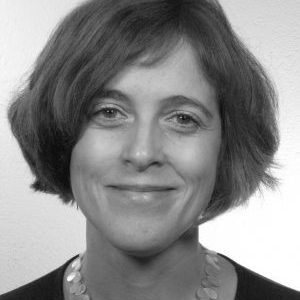
Silvia de Zordo
Principal Investigator
. . .
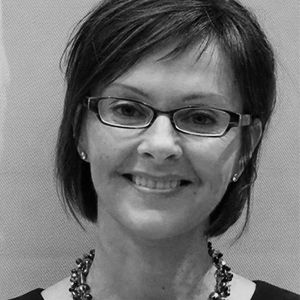
Joanna Mishtal
Co-Investigator & Senior Researcher
. . .
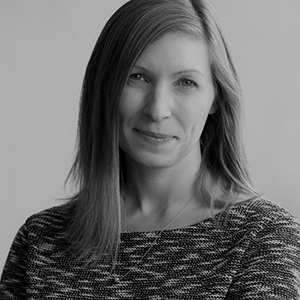
Dr. Caitlin Gerdts
Co-Investigator & Senior Researcher
. . .
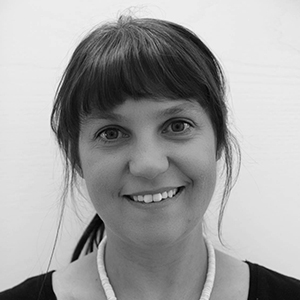
Giulia Zanini
Post-doctoral Fellow
. . .
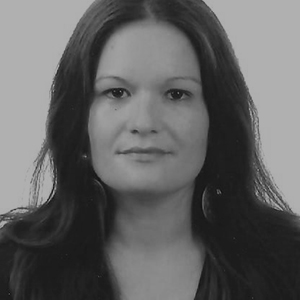
Natalia Alonso Rey
Project Administrator
. . .
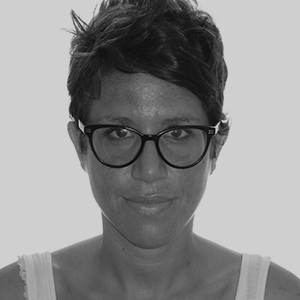
Giulia Colavolpe Severi
Research assistant in Spain
. . .
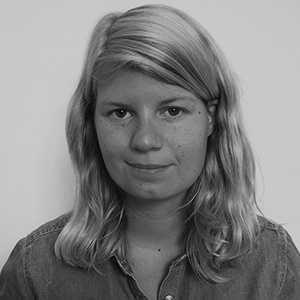
Ann-Kathrin Ziegler
Research assistant in the Netherlands
. . .
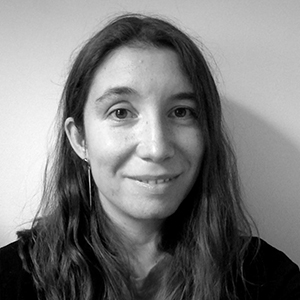
LIETA VIVALDI
Research assistant in the UK
. . .

Irene Capelli
. . .
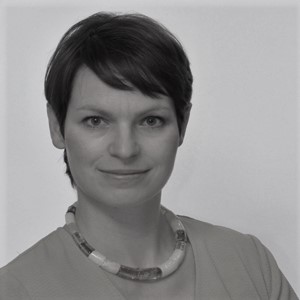
Laura Rahm
. . .
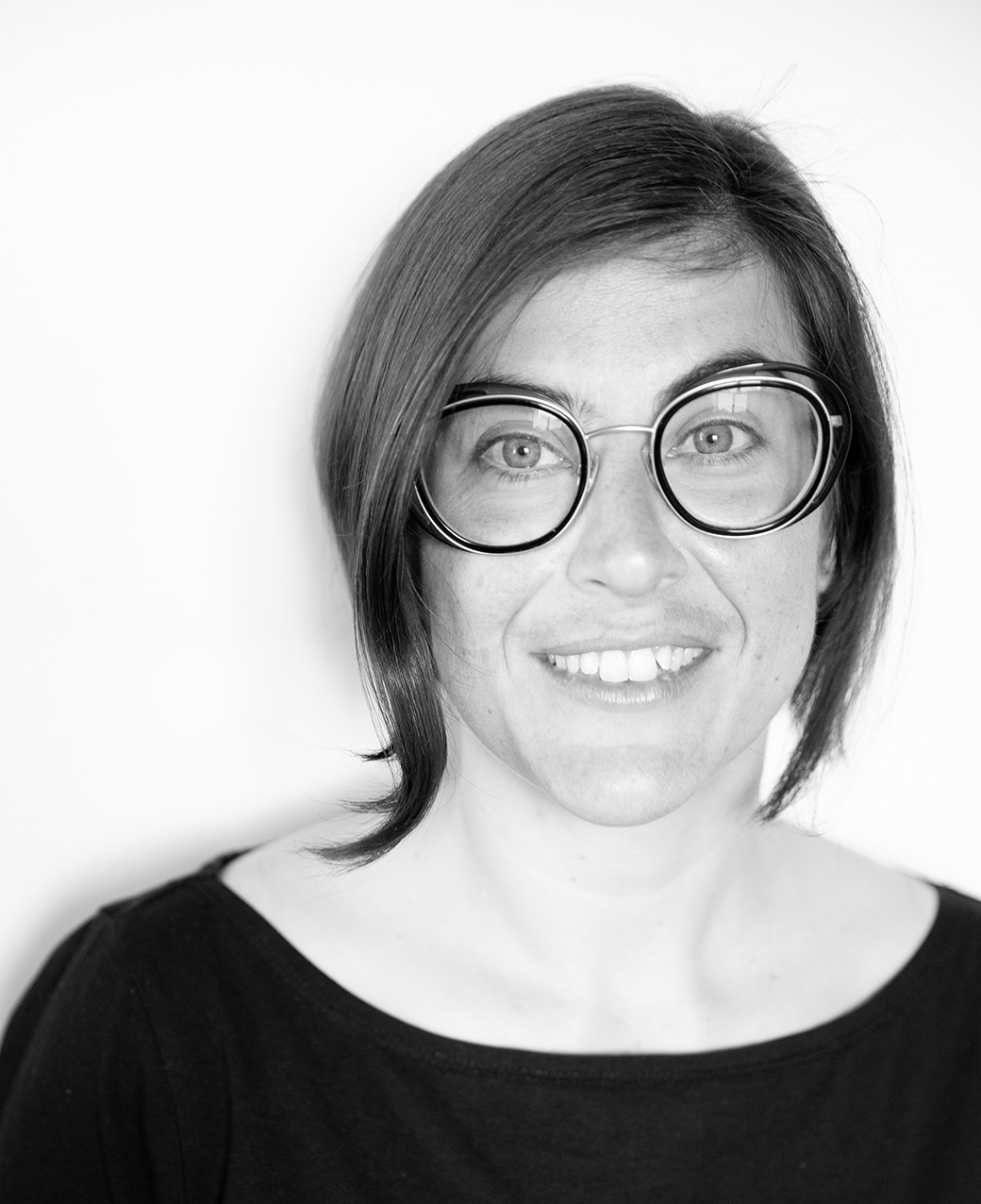
Anastasia Martino
. . .
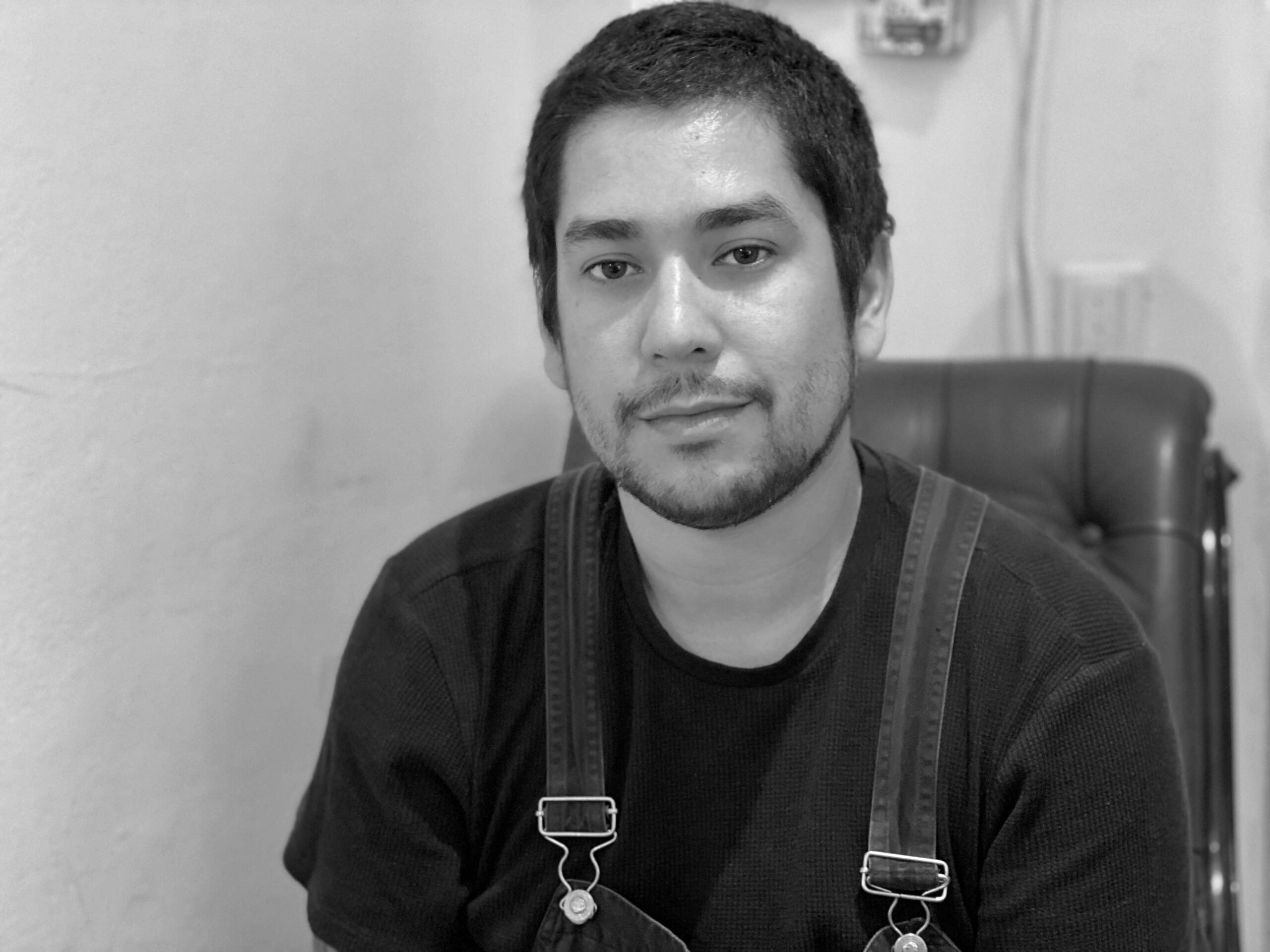
David Palma
Quantitative analyst
. . .
How

This is a mixed methods study, collecting both qualitative and quantitative data with women seeking abortion in-country and cross-country. Quantitative data are based on the administration of a survey, and qualitative data are collected using in-depth interviews (IDIs). The data collected through both methods aim:
1
To describe the characteristics of women seeking abortion care, particularly in relation to their experiences of barriers that limit access to legal abortion care in each country;
2
To understand if specific groups of women – by nationality, age, social background, reproductive history, gestational age, etc. – face specific barriers to abortion care;
3
To examine which barriers force women to travel within the borders of their own country or abroad;
4
To examine which barriers delay women the most in their search for safe abortion care, thus endangering their reproductive health.
The samples of research participants in different location are as follows:
| CROSS COUNTRY TRAVEL | UK | 200 surveys | 50 IDIs |
|---|---|---|---|
| Netherlands | 200 surveys | 50 IDIs | |
| Spain | 200 surveys | 50 IDIs |
| IN COUNTRY TRAVEL | Italy | 150 surveys | 50 IDIs |
|---|---|---|---|
| France | 150 surveys | 50 IDIs | |
| Spain | 150 surveys | 50 IDIs |
Where

BARCELONA, Host Institution
This research project is coordinated by the University of Barcelona, Department of Anthropology. The University of Barcelona is one of the leading universities in Spain and offers a rich and stimulating research environment for carrying out this project. The research will be coordinated by the Department of Anthropology which promotes international research in key anthropological areas that are relevant to the project, such as anthropology of reproduction, kinship and gender studies (see particularly the GENI research group). The project’s personnel based at the University of Barcelona consists of: Silvia De Zordo, Ph.D., (PI), Natalia Alonso Rey, Ph.D. (Project Administrator), Giulia Zanini, Ph.D. (Post-doctoral Fellow), Giulia Colavolpe Severi, Ph.D. Candidate (Research Assistant), and Ann-Kathrin Ziegler, MSc (Research Assistant).
BRUSSELS, Funder (ERC)
European Research Council provides funding, support and rewards innovative, bottom-up scientific research in Europe.
The European Research Council funds and rewards high-quality research in Europe in all fields. It promotes innovative, bottom-up scientific research, allowing scientists to develop innovative ideas.
ERC grants finance projects led by experienced and emerging scientists who are working in Europe based on the criteria of scientific excellence. It also complements national-scale funding agencies and is a key funder of the Horizon 2020.
The ERC’s mission is not only in funding research opportunities but in shaping the European research system.
LONDON, study site
Giulia Zanini is based in London and is responsible for conducting mixed-methods research on cross-country abortion travel in England (UK) for a 12 month period in year 1-2 of the project.
MADRID & BILBAO, study sites
Giulia Colavolpe Severi is based in Madrid and Bilbao, where she is responsible for conducting mixed-methods research on in-country abortion travel in Spain for a 12 month period in year 1-2 of the project.
AMSTERDAM, study site
Ann-Kathrin Ziegler is based in Amsterdam and is responsible for conducting mixed-methods research on cross-country abortion travel in the Netherlands for a 12 month period in year 1-2 of the project.
Silvia de Zordo
Principal Investigator
Silvia de Zordo (PhD), social anthropologist, Senior Researcher (ERC & Ramón y Cajal) at the University of Barcelona, has pioneered research on abortion and conscientious objection in Europe, particularly in countries with relatively liberal abortion laws – the UK, Spain, and Italy. She obtained her PhD. in Social Anthropology in 2008 from the École des Hautes Études en Sciences Sociales in Paris with a dissertation on family planning politics and women’s sterilization in Brazil and she continued to work on topics related to women’s reproductive health in Latin America and Europe thanks to prestigious postdoctoral grants like the Charlotte Ellertson Fellowship at Columbia University and the Marie Curie Fellowship at Goldmiths-University of London. Her research interests encompass contraception, abortion and conscientious objection in Latin America and Europe. Besides her training in social and medical anthropology, Dr. De Zordo also has significant public health experience, which is reflected in her publications on abortion in internationally renowned public health and medical anthropological journals. Her most recent publication on the topic of abortion is A Fragmented Landscape: Abortion Governance and Protest Logics in Europe, edited with Joanna Mishtal and Lorena Anton and published by Berghahn Books in December 2016 (https://www.berghahnbooks.com/title/DeZordoFragmented). Dr. De Zordo is based at the University of Barcelona and is fully committed to this research project. Her main responsibilities are: overseeing aspects covered by team members and steering the research programme forwards towards its ultimate goals, conducting research by undertaking data collection on the barriers limiting access to legal abortion and in-country/cross-country abortion travelling (in origin countries) in Spain and Italy, and carrying out data analysis and dissemination of research findings during the project lifespan.

Joanna Mishtal
Co-Investigator & Senior Researcher
Joanna Mishtal, PhD is an Associate Professor of Anthropology at the University of Central Florida and a Co-Investigator for this European Research Council (ERC) project. She received her PhD. in cultural anthropology in 2006 from the University of Colorado at Boulder. Between 2006 and 2008 she was the Charlotte Ellertson Postdoctoral Fellow at Columbia University’s Heilbrunn Department of Population and Family Health in the Mailman School of Public Health, conducting research in the fields of medical anthropology and public health. In 2017, she held the position of Visiting Fellow at the University of Kent, Kent Law School, Canterbury, the United Kingdom. Her research examines reproductive rights, health and policies, in particular as they are related to abortion politics. Geographically her fieldwork is situated in Europe, especially Poland, Ireland, the United Kingdom, and at the European Union level in Brussels. Her theoretical interests include gender and reproductive governance; feminism and women’s movements; political economy and democratization. Working on this ERC project as a Senior Researcher, one of Dr. Mishtal’s main contributions comes from her expertise on qualitative research design and comparative data analysis, as well as in the dissemination of results during years one, four and five. She is the author of: The Politics of Morality: The Church, the State and Reproductive Rights in Postsocialist Poland, Ohio University Press, 2015. She is also the co-editor of an edited volume, A Fragmented Landscape: Abortion Governance and Protest Logics in Europe, edited with Silvia De Zordo and Lorena Anton, and published by Berghahn Books in December 2016.

Dr. Caitlin Gerdts
Co-Investigator & Senior Researcher
Dr. Caitlin Gerdts, PhD, MHS, is the Vice-President of Ibis Reproductive Health and a Co-Investigator in this project. Dr. Gerdts is an epidemiologist whose research interests include: clinical and epidemiologic studies that measure and document women’s experiences with abortion in and outside of clinic settings; assessing the impact of barriers to legal abortion on women’s health and lives; and to test interventions aimed at improving access to safe abortion. Dr. Gerdts’ methodological expertise is in research design and implementation, impact evaluation, and causal inference methods; she has authored and co-authored over 20 peer-reviewed publications. She received her undergraduate degree in Human Biology from Stanford University; a Masters in Health Sciences (MHS) in Population, Family, and Reproductive Health from the Johns Hopkins Bloomberg School of Public Health; and a PhD in Epidemiology from the University of California, Berkeley. Dr. Gerdts collaborates on this project as an experienced part-time researcher and is primarily responsible for the design and analysis of the quantitative components of this study, as well as the dissemination of findings and results in years one, two, three and four.

Giulia Zanini
Post-doctoral Fellow
Giulia Zanini (PhD) is a medical anthropologist and sociologist specialized in kinship, who obtained her PhD from the European University Institute (EUI). She was a Marie Curie-Piscopia post-doctoral fellow at the University of Padova (Italy) and participated in the (IN) Fercit project based at the University of the Aegean (Greece). Her main research interests include family and kinship, reproductive medicine, religion, gender, family and health policies and citizenship. Her contribution to the project consists of mixed-methods research on cross-country abortion travels in England (UK) for a 24-month period during the first, second and third years of the project.

Natalia Alonso Rey
Project Administrator
Natalia Alonso Rey obtained her BA in Social and Cultural Anthropology from the Universidad de la República (Uruguay), and an MA in Migrations and Social Mediation from the Universitat Rovira i Virgili (URV, Tarragona, Spain). She recently completed her doctoral studies in Anthropology (URV), on the topic of migration, material culture, identities and memory. She is also a member of a research team in the area of Urban Anthropology and Migrations at URV, with a particular focus on the experiences of men involved in long-term care giving (both professionally and in the family setting), especially with elderly people. Since 2010 she has worked as a researcher and administrative assistant in various projects in the Anthropology, Philosophy and Social Work Department at the URV. Since May 2017 she works on the present project as an administrator and her main responsibilities are: management of budget and website, translations, and organization of the research team work (meetings, travels, participation in conferences etc.).

Giulia Colavolpe Severi
Research assistant in Spain
Giulia Colavolpe Severi (MA) holds a Master’s degree in Social Anthropology from École des Hautes Études en Sciences Sociales (Paris). She is currently enrolled in a doctoral program in the same institution, and has been a visiting PhD student in Chile and Spain. Her main areas of interest are medical technology, reproductive rights and health, genetics, kinship, and ethnographic fieldwork. Her contribution to the project consists of mixed-methods research on in-country abortion travel in Spain for a period of 18 months during the first and second years of the project.

Ann-Kathrin Ziegler
Research assistant in the Netherlands
Ann-Kathrin Ziegler (MSc) received a Master’s degree in Social Science from the University of Amsterdam in 2016, for which she conducted ethnographic research on sexuality and religion in Yogyakarta, Indonesia. She also earned a Bachelor’s degree in Social Anthropology from Goethe University in Frankfurt, and completed The Interdisciplinary Programme in Women and Gender Studies at the Cornelia Goethe Centrum in Frankfurt in 2014. Her main areas of research interest are gender and sexuality studies and their intersection with religion, as well as reproductive health and ethnographic fieldwork. Her contribution to the project consists of mixed-methods research on cross-country abortion travel in the Netherlands for a period of 18 months during the first and second years of the project.

LIETA VIVALDI
Research assistant in the UK
Lieta Vivaldi (PhD) obtained her PhD in Sociology at Goldsmiths, University of London, has an MSc in Sociology from LSE and her first degree in Law from the University of Chile. She has participated in different research projects about abortion, especially in Chile and Latin America. Her main interests include reproductive rights, reproductive technologies, feminist and gender theory, intersectionality, and health policies. Her contribution to the project consisted of data collection on cross-country abortion travels in England (UK).

Irene Capelli
Irene Capelli holds a PhD in Social Anthropology (University of Torino). She graduated in Medical Anthropology (Msc Brunel University London) and in Social and Cultural Anthropology (MA University of Bologna). Her fields of research are reproduction and health in North Africa and in Europe; reproduction, migration and parenting practices; sexual, reproductive and abortion rights; health and inequalities. She has conducted extensive ethnographic research in different parts of Morocco and Italy across health services, NGOs, with practitioners and women. She also works as a professional anthropologist and consultant. Her contribution to the project consists of mixed-methods research on in-country abortion travel in Italy for a period of 12 months during the third and fourth years of the project.

Laura Rahm
Laura Rahm (PhD) is a political sociologist and demographer specializing in abortion policies, who obtained her PhD from the Université Paris Descartes (UPD) and the Centre de Population et Développement (CEPED). Her recent publications appeared in Population and Development Review, Critique Internationale, and Men and Masculinities Journal. Her book Gender-Biased Sex Selection in South Korea, India and Vietnam: Assessing the Influence of Public Policy was published in Springer / Palgrave Macmillan in 2019. Laura also serves as a consultant and trainer in the EU and UNFPA funded Global Programme to Prevent Son Preference and Gender-biased Sex Selection. Her contribution to the project consists of mixed-methods research in France on barriers to legal abortion and in-country abortion travel for a 24-month period of the project.

Anastasia Martino
Anastasia Martino (PhD) received her PhD in Cultural Anthropology and Ethnology from the University of Milano – Bicocca. She conducted in-depth ethnographic fieldwork in Mexico working on family planning policies, and women’s experiences with pregnancy and abortion (illegal in the country), within hospitals and in spaces run by both anti-abortion and pro-choice movements.
She has a Master Degree in Medical Anthropology from the University of Rome – La Sapienza.
Her main areas of interest are public health and the institutional policies related to health rights, sexual and reproductive rights, feminist and gender studies and social movements studies.
Her contribution to the project consists of mixed-methods research on in-country abortion travel in Italy for a period of 12 months during the third year of the project.

David Palma
Quantitative analyst
David Palma is a physician and researcher in the Epidemiology Department of Barcelona’s Public Health Agency, with focus in HIV/STI testing services, sexual health and research methodology. Currently he is a Ph.D. Student at Care and Research Public Health Institute (CAPRHI) from Maastricht University and working at Spain’s Network Biomedical Research Consortium in Epidemiology and Public Health. Previously he did a Master in Public Health at Universitat Pompeu Fabra/Universitat Autónoma de Barcelona, a Master in Sexuality at Universidad de Santiago de Chile and studied medicine at Universidad Católica de Chile. David has worked on HIV prevention programs and community entities in Chile, as well as advocacy for abortion rights in Chile during 2015-2017. He has worked as a quantitative analyst for the BAR2LEGAB project since November 2021.
